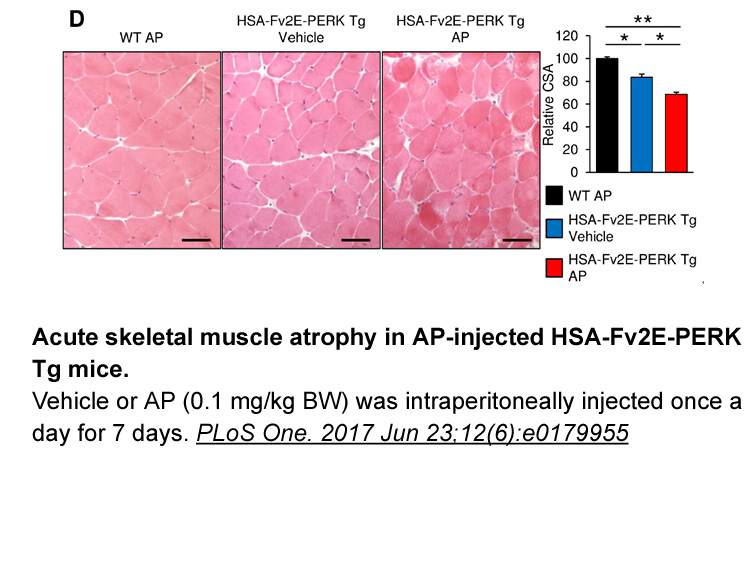Archives
Several reports of single cases of MG patients treated
Several reports of single cases of MG patients treated with Rituximab have claimed a favourable response (Baek et al., 2007, Gajra et al., 2004, Hain et al., 2006, Thakre et al., 2007, Wylam et al., 2003, Zaja et al., 2000).
We report our experience with Rituximab in 6 patients with severe MG, 3 patients with AChR+MG and 3 with MuSK+MG, refractory to previous immunosuppressant agents. We analyzed how patients responded to treatment. In view of the results in our previously reported case, we analyzed whether response differed between the two groups.
Methods
Results
All six patients were severely affected. Before Rituximab therapy, the three AChR+MG patients were class IVB, and two MuSK+MG patients were class IVB and the other was class V. Clinically, the bulbar involvement of the patients was very severe before treatment. Patients 1 and 4 were on a soft diet due to severe dysphagia and patients 3 and 6 needed a feeding tube. Patients 1, 2 and 4 had dyspnea at minimal effort, patient 3 required intubation and patient 6 was using nocturnal assisted ventilation. Patient 5 has severe dysarthria with unintelligible speech and dropped head. AChR-Ab titers ranged from 88 to 2739 nM, and MuSK-Ab titers ranged from 7.5 to 63 nM. The anti-AChR-Ab detection test was negative in the three MuSK+MG patients and viceversa (Table 1).
These patients did not respond to a series of treatments administered for long periods of time (see Table 1). Patient number 3, received Rituximab after 4 months of an absolute lack of improvement with prednisone and 3 IvIg infusions. This decision was made based on our previous experience with a similar patient (Diaz-Manera et al., 2007) MuSK+MG, MGFA class V that did not respond until Rituximab was started. Infusions were well tolerated and no side effects were detected in any of the six patients.
All patients improved, although the PIS of the three MuSK+MG patients was MM while for the three AChR+MG patients it T 705 was I. The three MuSK+MG patients achieved MM-1 status as early as 3 months after the initiation of treatment. This improvement remained at follow-up of 9, 15 and 22 months respectively, without the need for further infusions. However, two out of the three AChR+MG patients worsened. Patient 4 presented generalized fatigue and progressive dysphagia 9 months after infusion, and patient 6 developed dysphagia and minimum effort dyspnea after 12 months of treatment. We repeated Rituximab in a single infusion of 375 mg/m2. We did that before they had to go back to a soft diet or to nocturnal ventilation, because the degree of improvement observed with Rituximab was never achieved with prednisolone and patients tolerated the previous infusion well. They were informed about possible side effects and they preferred the new treatment with Rituximab. With a further infusion a clinical status of improvement was again observed in both patients. The third patient remained in a stable condition after 14 months (patient 5).
Immunosuppressive agents were discontinued when Rituximab was added except for prednisone in 5 cases. Importantly, it was possible to taper the dose of the drugs but to a lesser degree in the AChR+MG (Table 1).
In parallel to the clinical improvement, the Ab titers decreased significantly (Friedman test, p=0.006) in the 6 patients (Fig. 1) during a nine month follow-up. Three months after the initiation of treatment the MuSK-Ab titer decreased a mean of 52% (23–74%) and the AChR-Ab titer decreased a mean of 42.5% (23–57%) without statistically significant differences between groups (Mann–Whitney test, p>0.05). However, at 9 months the decrement was more significant in MuSK+MG patients, 84.9% (68–99.6%) as compared to 42.6% (41–21.8%) in AChR+MG patients, (Mann–Whitney test, p=0.046). The two patients who worsened (patients 4 and 6) had a parallel increase in AChR-Ab titers, while the titers continued to decrease in  the other four patients.
the other four patients.